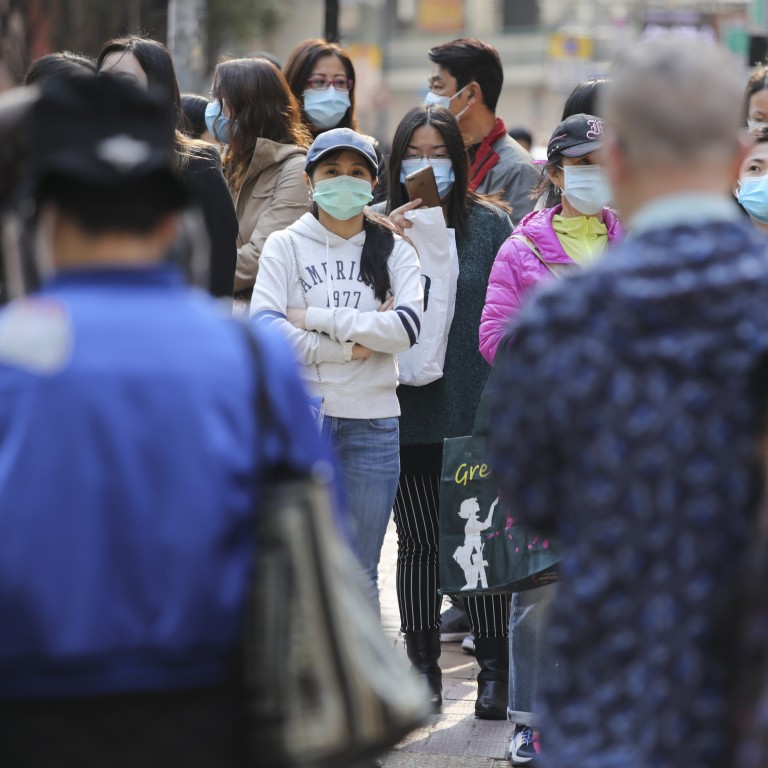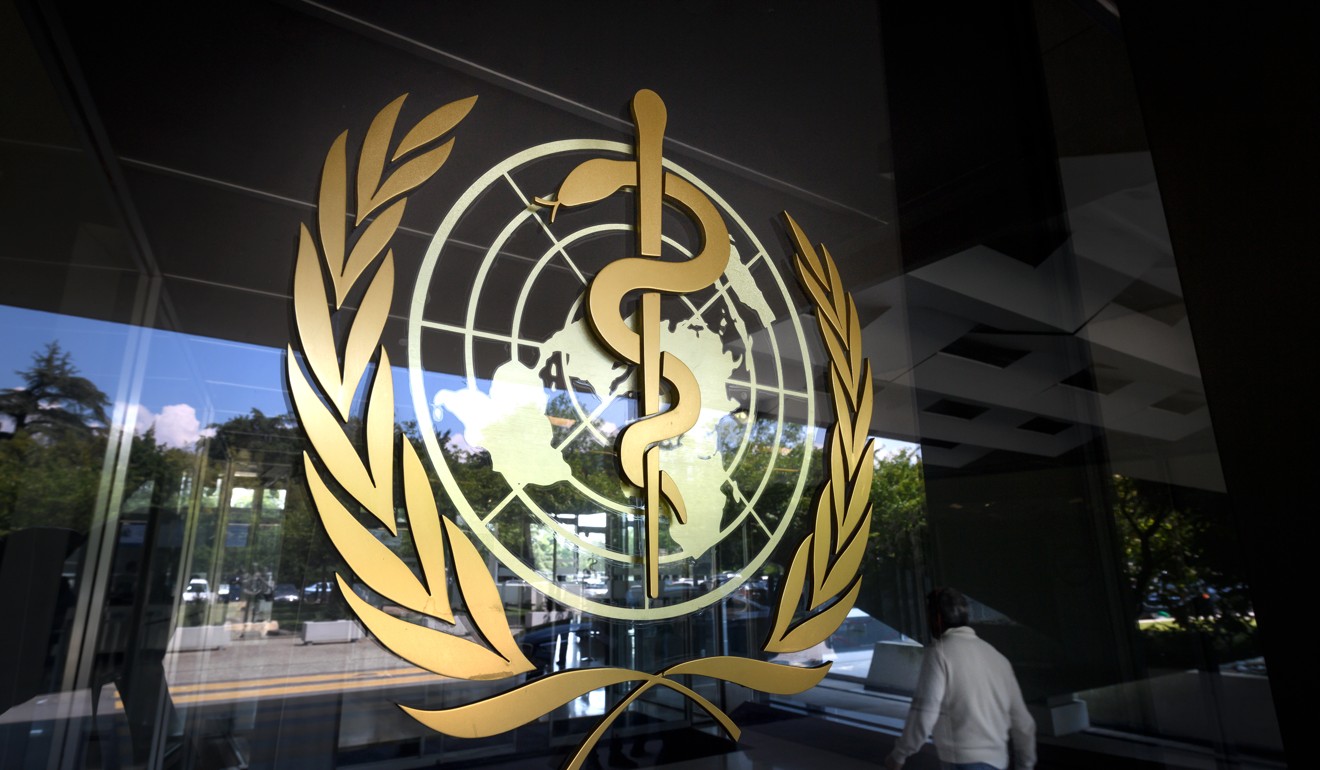
Coronavirus: top WHO official praises Hong Kong, Singapore for ‘very effective’ measures to suppress transmission of disease
- Michael Ryan, executive director of World Health Organisation’s health emergencies programme, says measures need to be based on local situation
- Hong Kong did not record any new infections on Tuesday and the tally remained at 100 confirmed cases
In a press conference in Geneva, Dr Michael Ryan, executive director of the World Health Organisation’s health emergencies programme, named Hong Kong and Singapore when he said measures taken needed to be based on the local situation.
“Measures that have not involved walling off cities or completely banning travel have been very effective in both suppressing and driving transmission down over the last six weeks,” Ryan said on Monday.
While drastic action to contain the spread of the virus, including lockdowns, had been taken since January in cities in Hubei province, epicentre of the outbreak in mainland China, Ryan said other places might not be able to sustain that type of effort for so long because of “levels of social acceptance or resources”.
Hong Kong has not banned people entering the city from most parts of the world, but implemented forced quarantine for those returning from areas hard hit by the outbreak, such as the mainland, Iran and some South Korean and Italian regions.
In the firing line: the women in China’s war on the coronavirus
The city did not record any new infections on Tuesday and the tally remained at 100 confirmed cases and a probable one. Two people have died.
Among 40 people sent to quarantine centres after returning from Iran on Monday, one was taken to Pamela Youde Nethersole Eastern Hospital in Chai Wan after exhibiting symptoms, which were not specified by the health authorities.

But reports of a local pregnant woman, who lives in Shenzhen and gave birth in a Hong Kong hospital without undergoing the stipulated 14-day quarantine, raised concerns as whether that would increase the risk of spreading Covid-19, the pneumonia-like disease the coronavirus can cause.
A source said the woman arrived in Hong Kong last week and stayed at the Tso Kung Tam Outdoor Recreation Centre in Tsuen Wan, one of two government facilities for those required to undergo home quarantine but who could not arrange accommodation themselves.
She tested negative for the coronavirus during her stay in the facility. After she was sent to Princess Margaret Hospital in Kwai Chung to prepare for delivery of her baby, a second test there also proved negative.
The source said the woman, who gave birth by caesarean section some time between Monday night and Tuesday morning, stayed in an individual room in hospital.
In the daily press conference by the health authorities on Tuesday, Dr Linda Yu Wai-ling, a chief manager from the Hospital Authority, declined to comment on individual cases.
She said in general, hospitals would reschedule non-urgent medical appointments of people under home quarantine.
Singapore extends coronavirus entry ban to Italy, Iran, South Korea
“If the person has critical medical needs, or if the condition cannot wait for 14 days, the patient will then be admitted,” Yu said.
She said a patient would be placed in an isolation ward if showing signs of pneumonia.
If the patient did not show any symptoms, he or she would be placed in a bed at a corner or in an individual room,” she said.
Dr Arisina Ma Chung-yee, president of the Public Doctors’ Association, said she was not concerned about the case as the woman tested negative twice. She also believed the woman was less likely to undergo procedures that would generate aerosols and spread respiratory pathogens.
Meanwhile, Dr Chuang Shuk-kwan of the Centre for Health Protection said the authorities were planning to test asymptomatic family members of confirmed cases to identify any hidden carriers of the virus. She said such an arrangement might be extended to other people in quarantine facilities, depending on manpower and outcomes of the tests on those family members.

